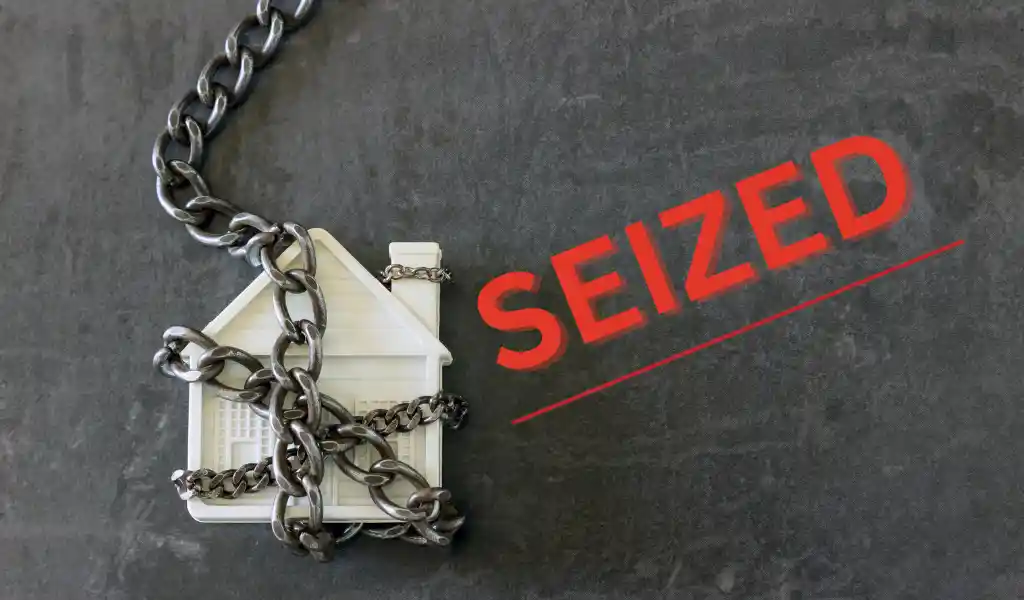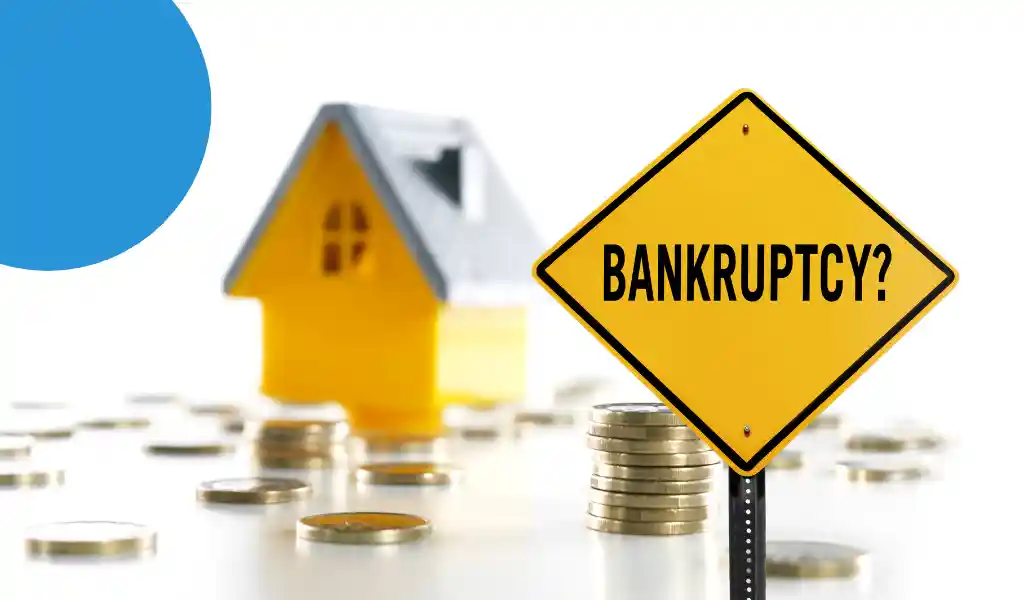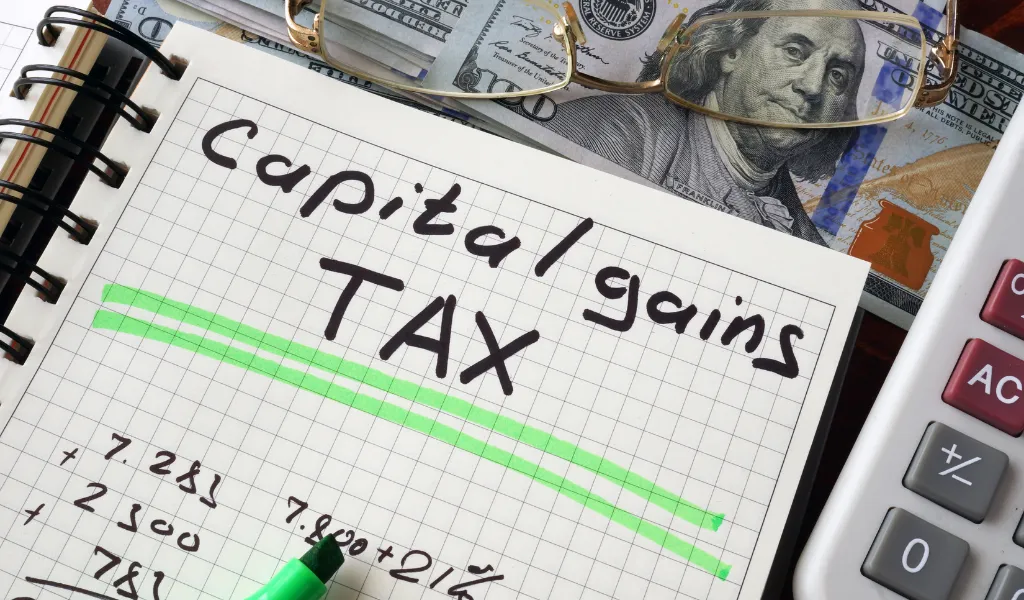The rules of bankruptcy regarding joint ownership are tricky. If a joint owner declares bankruptcy, then their assets are transferred to a trustee. The trustee is responsible for managing and selling the assets. These proceeds of sale will pay off the bankrupt owner’s debts. Now, the question arises: can jointly owned property be seized UK? This guide answers this and much more.
In Case of Bankruptcy, What Happens to Your Home?
In the UK, you are at risk of needing to sell your property to repay your debts. That is, if you own it outright. If you have a mortgage, then your mortgage lender can repossess your property in case you default on your payments. What if you are in arrears on your mortgage payments? In this scenario, the bankruptcy may give you time for negotiation with your provider. Then, you can agree to an arrangement to repay your debt over time. Another option is that your trustee negotiates with your provider. They can make a repayment plan. Through this plan, you can retain your home.
If there is no formal agreement, then it can result in unfairness. The Trustee can assume that the owners got an equal share of the property. Whereas one party may have invested more than the other.

How Long Does Bankruptcy Last in the UK?
If you declare yourself bankrupt in the UK, then it lasts for 12 months. In this case, the Official Receiver or a licensed insolvency practitioner manages your finances. Then, they sell your assets to repay your debts. However, the effect of bankruptcy lasts longer than just 12 months. This is because bankruptcy remains on your credit card record for six years. These six years start from the date of the order of your bankruptcy. As a result, you fill find it difficult to take loans, credits, or mortgages during this period.
You should reach out to a financial advisor or a licensed insolvency practitioner before you declare bankruptcy. It is always ideal to get professional advice.
What Happens If One Joint Owner Goes Bankrupt?
When your partner declares bankruptcy, then you are not liable for any debts that you may have with them. Although, they still owe the full amount of payment of debts. In a scenario where you have joint ownership of a property, the bankruptcy affects your co-owners’ share in the property. Nevertheless, the legal title of this property remains invested in both owners. Here are the options available to the non-bankrupt owner:
- Sell the property and divide the proceeds.
- Buy out your share of the property.

Can Jointly Owned Property Be Seized UK?
The short answer is yes, a jointly owned property can be seized. It depends on the circumstances. For example, if the property is used as a security debt and the owner or owners declare bankruptcy. Then, the property is seized to repay the debt. Surely, the rules governing the seizure of jointly owned property are complex in the UK. The following factors are essential for consideration:
- Nature of the debt.
- Ownership structure.
- Individual circumstances.
Yet, you should understand that joint ownership provides protection to some extent against property seizure. If you own a property as a tenant in common, then your share is separate from the other owner. Therefore, your share is not at risk. Only the bankrupt owner’s share is in such a situation. Whereas if you own the property as a joint tenant, then it is complex. This is because it is difficult to separate ownership shares in this type of joint ownership. Now, you know the answer to the question can jointly own property be seized UK.
Is It Possible to Keep Your House Even If You File for Bankruptcy?
If you have equity in the property, that is more than the amount you need to repay your debts, then your home is at risk. This is as per UK bankruptcy law. Suppose you cannot pay your debts, and your trustee wants to sell your home. Then, there is a possibility to keep some part of the proceeds from the sale. This way you can look for alternative accommodation. Nevertheless, you can keep your house in certain conditions. That is, if you can pay off your debts and do so without accessing the equity on the property.
Can You Lose Your Property If Your Partner Declares Bankruptcy?
You can still lose your property even if the name of your partner is not on the mortgage. This happens if they have a beneficial interest in it. What is beneficial interest? It is the ownership or right to use a property. Someone else can hold the legal title of the property. That is not an issue. Therefore, beneficial owners can take advantage of benefits. For example, using the property as their own or receiving rental income.
An important point to note is that your creditors can ask for full payment of any joint debts you owe with your bankrupt partner. You both agree to take responsibility for the total amount of debt when taking out a joint credit agreement. The debt is also called joint and several liabilities. Therefore, it is important to know the answer to the question: can jointly owned property be seized UK?
How Do You Know You Are Responsible for Paying the Debt?
There is a possibility of disputing your liability. Under the circumstance, that your partner took out joint debts. Furthermore, you had no knowledge of this and did not sign the credit agreement.
Does HMRC Take Your Property in Joint Names?
Unless the property is not a business asset and the debt is business related, then HMRC can give a charging order on any property owned jointly. The same applies to property that a sole debtor owns. If no other asset other than your property is usable for clearing the debt, then HMRC has different rules. They can ask you to release equity from your property. Or maybe even put a charge on your property.
This way, you will need to repay the debt if you sell the property or re-mortgage it. Nevertheless, these scenarios are unlikely. A personal HMRC tax debt is not large enough for this to happen. The likelier outcome is that you pay a high tax debt. Which is because of high turnover from a business. Although your property is not a limited company asset.

Is It Possible to Sell the Property Without the Trustee Knowing?
The trustee registers a Form J restriction once you declare bankruptcy. They do so through the Land Registry. It is against the title of the jointly owned property. What this does it keep a record of the Trustee’s beneficial interests. It also means that the Land Registry informs the Trustee regarding dealings related to the joint owner’s property. By using a Form J, a person can claim an exemption for specific personal property. This claim is for necessary personal property that a bankrupt owner needs for daily life and work. It is a form of protecting against selling these items to repay the debts of the bankrupt person. You can still sell the property as the legal interest in the property does not transfer to the Trustee.
However, you must pay the value of the bankrupt’s beneficial interest from the sale proceeds to the Trustee. Once the Trustee receives the amount for the bankrupt’s beneficial interest, they can request to remove the Form J restriction. So, can jointly owned property be seized UK?
The Process of Buying the Bankrupt Owner’s Share
When it comes to your co-owner declaring bankruptcy, then you can buy their share. If you want to purchase their share, then you must negotiate either with the bankrupt person’s trustee or the Official Receiver. For this, you must make an offer for the share. This offer is based on an independent valuation of the jointly owned property. It considers any outstanding debts, along with the value of the share. Through The Insolvency Service, you can access a property conveyancing scheme. That is, if the beneficial interest of the bankrupt owner is worth more than £1000. To transfer the beneficial interest to the bankrupt owner or immediate family member, instruct a conveyancer or solicitor. Or even to the non-bankrupt owner. Consequently, pay for the following:
- Independent valuation of the property.
- Official Receiver’s legal fees, which is £211.
- An agreed upon purchase price that is based on the valuation for the beneficial interest.
In this case, non-bankrupt parties must give updated details in writing. They must state the amount required to pay off the mortgage. Also, they must include any other charges on the property. It is all right if they cannot pay for the scheme. They can still partake in the process when they can afford it later. Instead, they can bid at a public auction for the share of the property. Sometimes, auctions are how they sell off the assets of those who are bankrupt. Thus, you should know can jointly owned property be seized UK.
Will the Bankrupt Owner Owe Capital Gains Tax on the Sale?
Suppose you are the bankrupt owner in this scenario. You sell your share to repay a debt. Then liability of CGT depends on if you made a gain or loss from your share of the property. In case you face a loss by selling your share of the property, then you do not owe CGT. On the other hand, if you make a gain, then tax implications depend on the property’s asset type. Whether it is a business asset or a personal asset.
If your property is a personal asset and is also your main residence, then you can claim Private Residence Relief. This means exemptions from CGT. However, if your property is a business asset, then you are liable to pay CGT on its sale. Therefore, you should know the answer to the question can jointly owned property be seized UK.
Conclusion
To summarise, it is important to understand the rules and regulations of bankruptcy when it comes to joint ownership. Otherwise, you may end up losing your share of the property. If you or a co-owner declare bankruptcy, then you run the risk of seizure of your property. Therefore, you should know how to deal with bankruptcy.








